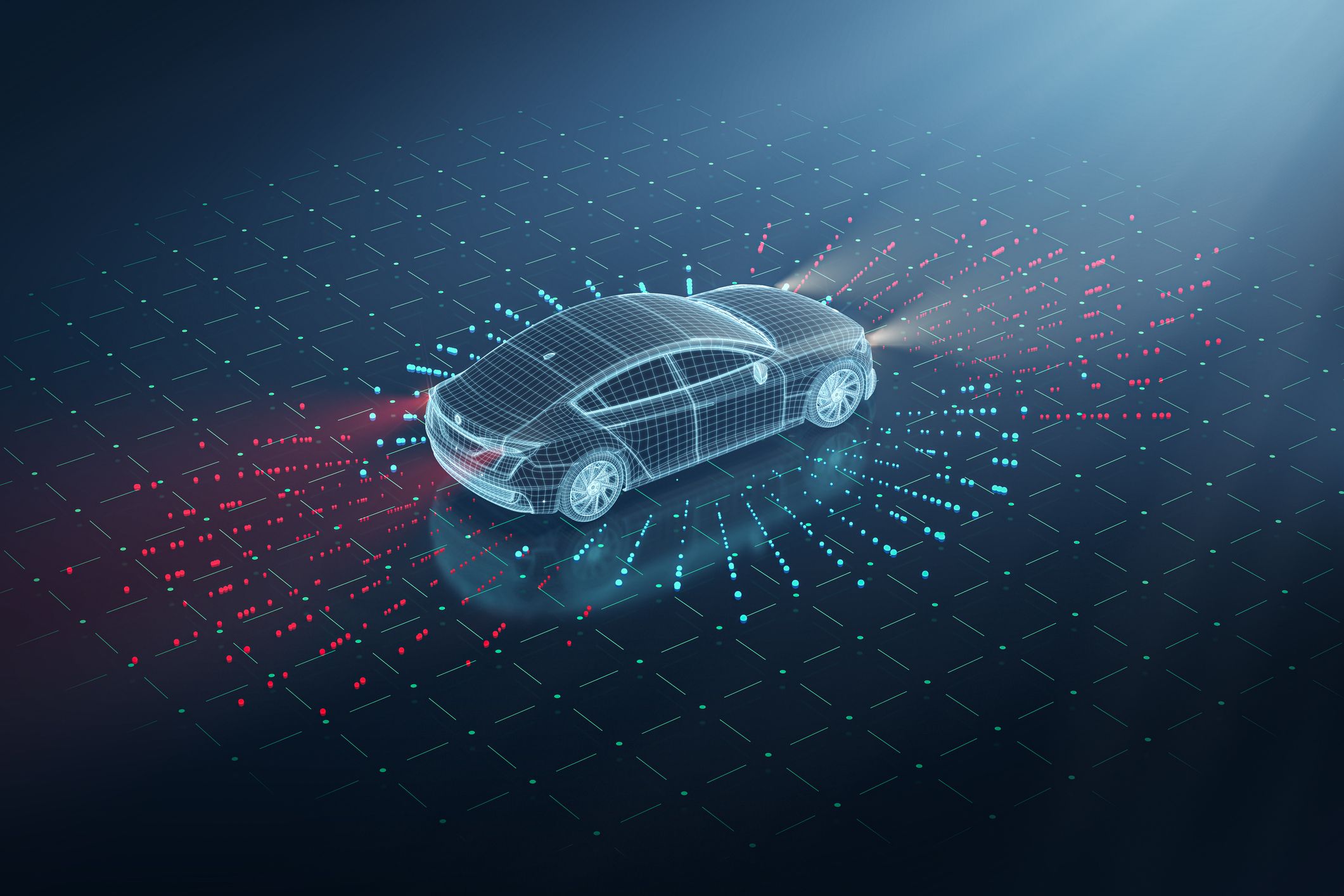The future of automotive technology is unfolding at an unprecedented pace, ushering in an era of transformative changes that extend far beyond traditional notions of driving. From the widespread adoption of electric cars to the development of autonomous vehicles, the automotive industry is at the forefront of a technological revolution that promises to redefine the way we move and interact with transportation.
One of the most significant trends shaping the future of automotive technology is the rise of electric vehicles (EVs). With a growing emphasis on sustainability and environmental consciousness, major automakers are investing heavily in the development and mass production of electric cars. Advancements in battery technology have extended the range of electric vehicles, addressing one of the primary concerns for potential buyers. The increasing availability of charging infrastructure further supports the shift toward a more sustainable and eco-friendly mode of transportation. As governments worldwide implement stricter emission regulations, the momentum behind electric cars continues to gain traction, with an increasing number of consumers opting for clean, energy-efficient alternatives.
Simultaneously, the prospect of autonomous vehicles has captured the imagination of both the automotive and technology industries. Autonomous or self-driving vehicles leverage artificial intelligence, sensors, and advanced algorithms to navigate without human intervention. While fully autonomous vehicles are still in the testing and development phase, various levels of autonomous features, such as adaptive cruise control and lane-keeping assistance, are already integrated into many modern cars. The promise of increased safety, reduced traffic congestion, and enhanced mobility for individuals with limited mobility is driving intensive research and development in the autonomous vehicle space.
Connected vehicles are another facet of the future automotive landscape. The integration of advanced communication technologies allows vehicles to communicate with each other and with infrastructure, paving the way for improved traffic management, real-time navigation updates, and enhanced safety features. The concept of vehicle-to-everything (V2X) communication holds the potential to revolutionize the driving experience, creating a network where vehicles exchange critical information to enhance situational awareness and overall road safety.
The future of automotive technology is not limited to the vehicles themselves but extends to the entire transportation ecosystem. Mobility-as-a-Service (MaaS) platforms are gaining popularity, offering users the flexibility to access various modes of transportation seamlessly through a single app. From ride-sharing and bike-sharing services to public transportation integration, MaaS aims to create a more efficient and interconnected urban mobility experience.
Augmented reality (AR) and virtual reality (VR) technologies are also finding their way into the automotive realm. Head-up displays and AR-enhanced navigation systems provide drivers with real-time information without diverting their attention from the road. In the development of autonomous vehicles, VR is instrumental in simulating various driving scenarios, allowing engineers to refine algorithms and test vehicle responses in a virtual environment.
While the future of automotive technology promises remarkable advancements, it also brings forth challenges and considerations. Cybersecurity becomes a critical concern as vehicles become increasingly connected and reliant on digital systems. Ensuring the protection of sensitive data and safeguarding against potential cyber threats is paramount to the successful integration of these technologies.
Ethical and regulatory considerations surrounding autonomous vehicles raise complex questions about liability, decision-making algorithms, and the overall safety of self-driving systems. Striking the right balance between innovation and regulatory oversight is essential to instill public trust and ensure the responsible development and deployment of autonomous technologies.
In conclusion, the future of automotive technology is a convergence of electrification, autonomy, connectivity, and innovative mobility solutions. The transition to electric vehicles, the development of autonomous driving capabilities, and the integration of advanced technologies are shaping a future where transportation is not only more sustainable and efficient but also fundamentally transformed. As these technological trends continue to evolve, the automotive industry is poised for a paradigm shift that will redefine the way we perceive and engage with transportation in the years to come.


